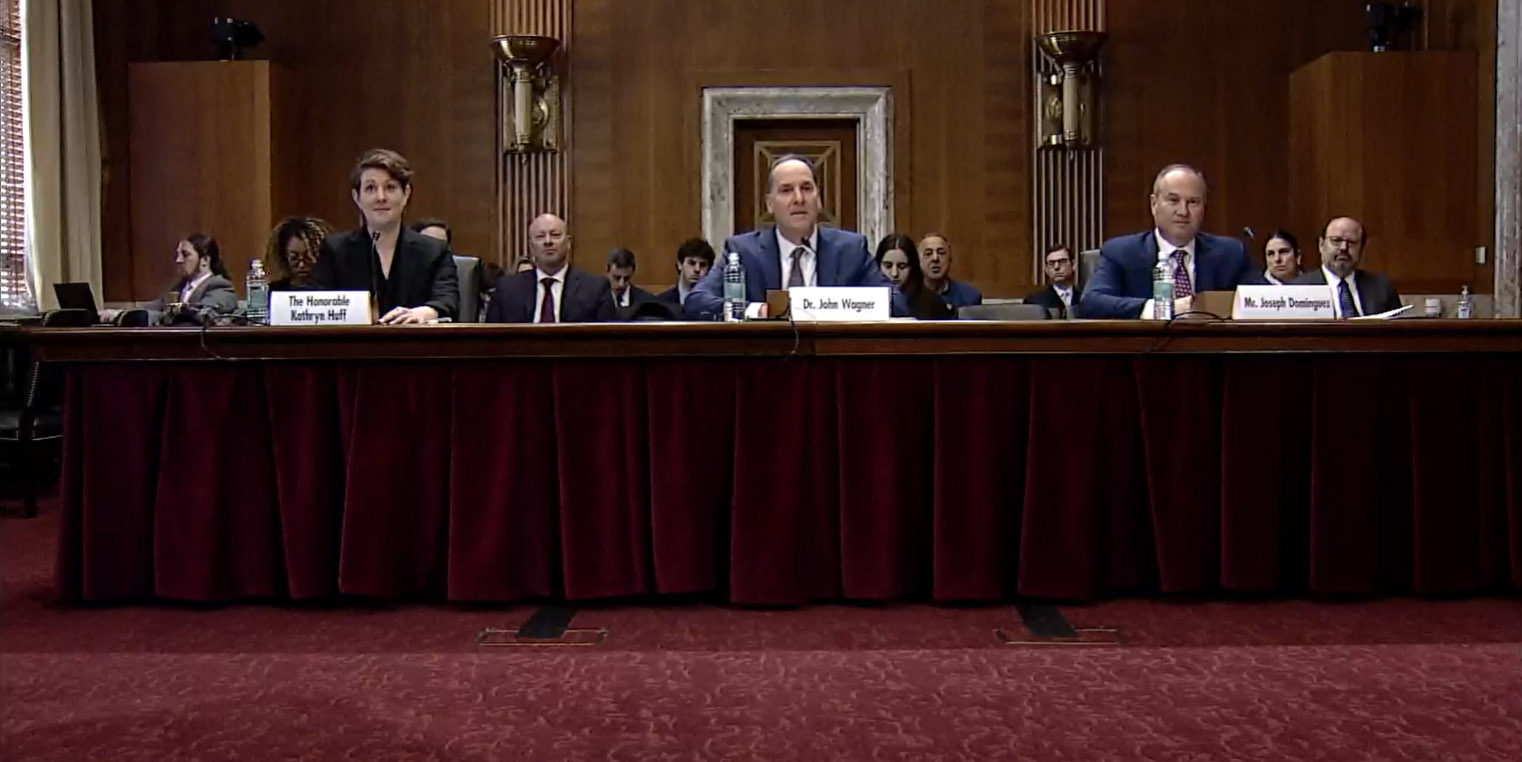Are Civil Nuclear Credits still relevant? DOE is asking nuclear operators for input
Interest in new reactor deployments and existing reactor life extensions is surging, encouraged by production and investment tax credits from the Inflation Reduction Act and led by electricity demand from tech companies. Last week alone saw Google and Amazon investing in Kairos Power’s fluoride salt–cooled reactor and X-energy’s high-temperature, gas-cooled reactor, respectively. On October 16, the DOE’s Office of Clean Energy Demonstrations issued a solicitation to award $900 million to support the initial domestic deployment of light water–cooled small modular reactor technologies.




